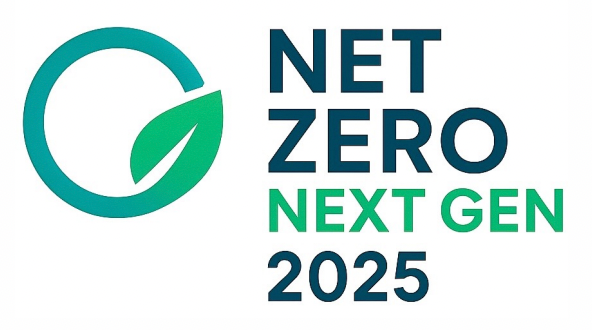1. Energy Emission
“Strategies and Technologies for Low-Emission Renewable Energy.” As the world strives toward net-zero targets, renewable energy innovation is at the heart of global decarbonisation efforts. In this session, we will hear from leading researchers who will share strategies, technological developments, and insights into cutting-edge research that aims to reduce greenhouse gas emissions through renewable energy pathways.
2. Panel Discussion
This session brings together researchers from academia and industry to share their career journeys, strategies for progression, and insights on key challenges like work-life balance, mentorship, and collaboration. The discussion will offer practical advice and personal reflections to help early-to-mid-career researchers shape their career path.
3. Decarbonisation and healthcare Sector
Cutting emissions can deliver climate benefits while also improving air quality, reducing disease, and supporting healthier communities. This session explores the critical intersection between decarbonisation and human health, and discusses the policies, innovations, and collaborations needed to achieve both environmental and health outcomes.
4. Reductions and Removal
This session explores technologies, systems, and strategies to achieve deep emissions reductions and permanent carbon removal. Experts will present advances in engineered and nature-based solutions, including innovations in circularity, the waste sector, and material systems. It highlights the technical, policy, and infrastructure shifts needed to scale removal pathways for a net-zero future
